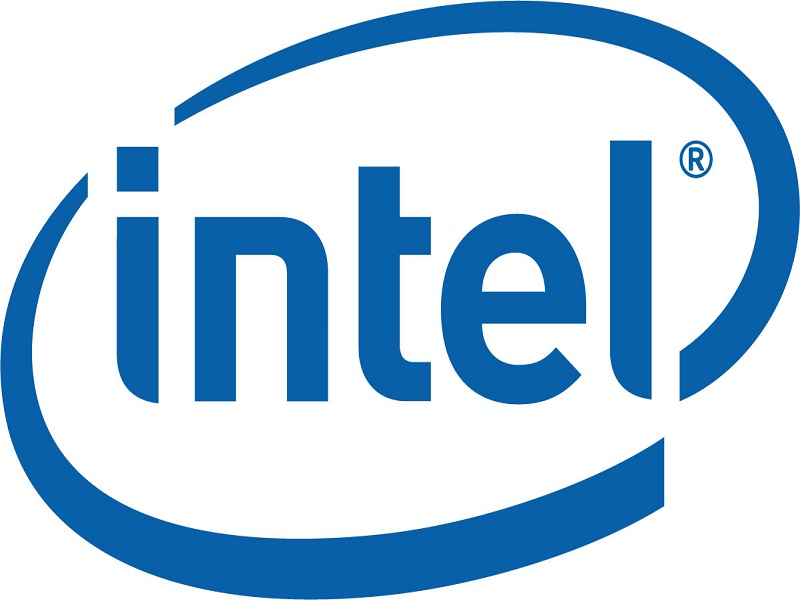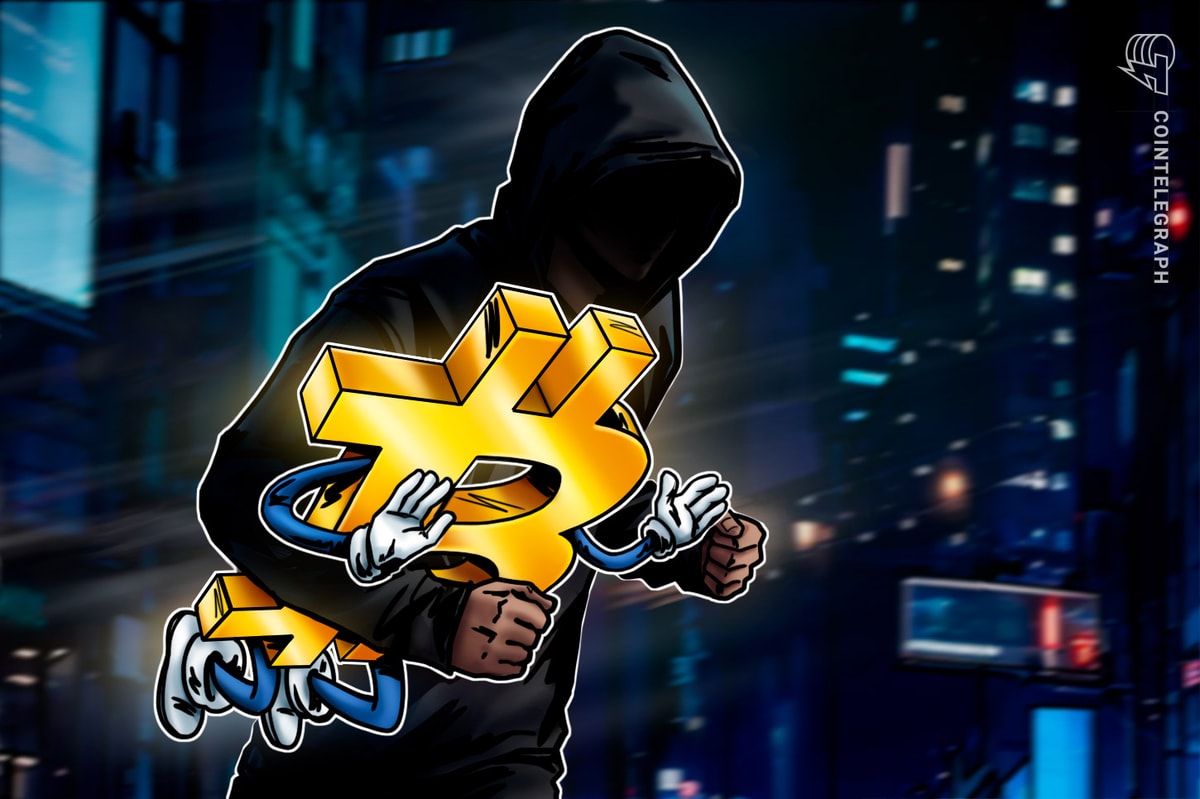Intel, one of the world’s biggest computer chip manufacturers, is focusing a lot of its attention on its role in developing the Internet of Things. The future of technology is important to every individual on this planet, and Intel wants to do everything in its power to get us there. Smart devices are playing an increasingly big role in the everyday lives of consumers, and missing that boat could be a crucial mistake for chip manufacturers.
Also read: BitBay – Decentralized Marketplace and the Internet of Things
The New Breed of Intel’s Play on Internet of Things
 Things got a bit weird during Intel’s keynote at the annual Intel Developer Forum on Tuesday, August 18, 2015. After completing a 90-minute keynote, Intel CEO Brian Krzanich showcased a row of robotic spiders, each of which can be controlled individually by using hand gestures. Rather than trying to scare the audience, these robotic spiders were just one of many surprising proof-of-concepts the chip maker is pursuing.
Things got a bit weird during Intel’s keynote at the annual Intel Developer Forum on Tuesday, August 18, 2015. After completing a 90-minute keynote, Intel CEO Brian Krzanich showcased a row of robotic spiders, each of which can be controlled individually by using hand gestures. Rather than trying to scare the audience, these robotic spiders were just one of many surprising proof-of-concepts the chip maker is pursuing.
Using a vending machine that can remember your face and the food or drink you order the most is another of Intel’s wacky and weird ideas for the future. Or how about a full-length mirror with the ability to change the color of a person’s clothing in real-time? There was also a hint at a new Intel smartphone that will be produced in collaboration with Google, and has the ability to see and 3D-map an entire room.
There is a good reason why Intel decided to showcase some of its out-of-the-box ideas during this event, as the Internet of Things is almost upon us. Intel clearly has a vision for the future of technology, and its role in the daily lives of everyday consumers. Rather than sticking to its typical presentations of new computer chips, the company took the liberty to do something entirely different and showcase a glimpse of the tools the company hopes will make the Internet-of-Things go mainstream.
With PC sales dwindling quarter over quarter, chip manufacturers such as Intel have to come up with new, creative and brave ideas to stay relevant in the world of technology. Devices that can communicate with each other and the world around them require fast and powerful chips, and Intel wants to be the go-to company for entrepreneurs looking to explore this new breed of technology.
Patrick Moorhead, analyst at Moor Insights & Strategy, told the media that:
“Intel has been pretty clear: ‘We missed mobility, we’re not going to miss Internet of Things.’ Its display at IDF is to get the developers of literally hundreds of thousands of different things to develop for Intel’s platforms — by showing a lot of different corner cases and really cool stuff.”
There are certain areas of technology where Intel-manufactured computer chips could play a pivotal role. Facial recognition tools are still underwhelming, and a new wave of innovative tools would allow companies to make more complex software solutions. RealSense, a camera technology developed in-house by Intel, can act as the eyes and ears of any computer device.
Finding A Way To Implement Bitcoin and Blockchain Technology
 New and disruptive technologies such as the Internet of Things offer major potential for Bitcoin and blockchain technology. Having devices communicating with each other and the outside world over the blockchain would create a transparent environment, backed by a powerful and secure infrastructure.
New and disruptive technologies such as the Internet of Things offer major potential for Bitcoin and blockchain technology. Having devices communicating with each other and the outside world over the blockchain would create a transparent environment, backed by a powerful and secure infrastructure.
Finance will join the Internet of Things sooner or later, as one of the main benefits of these devices is the ability to transfer funds in a contactless manner. Traditional financial solutions, such as credit and debit cards, will try to capitalize on this opportunity, even though they are not designed to be used this way.
Bitcoin could be the key to combining financial services and the Internet of Things. Frictionless transfers of value across devices at fractional costs is something the entire financial ecosystem can benefit from. But it is up to Bitcoin industry leaders to pitch these ideas to Internet of Things entrepreneurs and companies, rather than wait for them to come to Bitcoin.
Do you see a future where Bitcoin and the Internet of Things can create a powerful new wave of technological innovation? Let us know in the comments below!
Source: CNET
Images courtesy of Intel, Business Insider, Slideteam








